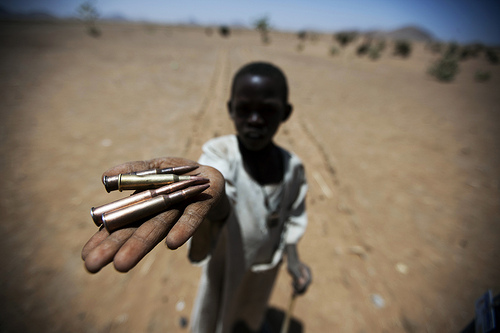There is no evidence that indicates a starting point for violence in Nigeria. No significant event to reconcile acts of violence and outrage and how it has replaced normalcy in the country. Nothing exists in the history books to explain the almost region wide affinity to destruction and outrage. So where did Nigeria learn violence?
In Southern Nigeria, a town called Aluu, barely four years ago four students of the Rivers State University were stripped naked, beaten and burnt to death on the instruction of the community head. In barely 20years, some wells in several parts of Kano state in northern Nigeria were no longer usable having been used as mass burial sites for victims of religious and sectarian crisis. In Kaduna state Nigeria, Southern minorities ate and washed down the flesh of Fulanis killed during a religious crisis with gourds of palm wine.
Where did Nigerians learn these acts of violence? Are they gained as blocs of inspiration from the use of drugs and substances? Are they learned from each other? Is it a ripple effect of the military regimes or a backlash effect of slavery from the British Empire? When did it become normal for Nigerians to walk past & look with indifference at a human being burnt alive by a mob for stealing a loaf of bread in places like Lagos state? When did Social Media enthusiasts start clicking the ‘like’ button on violent video uploads of Islamist slaughtering on Facebook and YouTube?
To these questions I have no answer, but as to whether this is a positive development for a country with a population of over 150million, no doubt I believe such a direction is one which will not only disillusion coming generation, but build into them an affinity for violence and destruction.
The stories often seemingly extra-ordinary have been related by different independent sources. Teenagers running into churches and mosques in Northern Nigeria to seek redemption from religious leaders from acts they have done under group influence. A lot of these youths have more than often returned from their murderous states of mind upset and psychologically disturbed.
The grovelling force of groupthink once dispelled after a crisis, these youths are caught up in a state of self-regret and self-condemnation. Some make it back to normalcy through religious institutions, others never quite learn how to put it back and drift into oblivion. Their lives become a circle of crime and violence with certain and sudden death awaiting them at the last junction.
First we must understand that our problems are not new. Researches on human behaviour which have remained on-going by several individuals and institutions have indicated a deep connection between living in violence and acting violently. To this regard, a group known as the World Peace Foundation has held several discussions on aiding individuals and families displaced by internal and societal violence on ways to break-out of these vicious circles into a less violent future. In January 2014, under the title ‘Evidence and Policies for Early Childhood development and Peace’. The foundation gathered speakers from different branches of human and societal science in different corners of the world to discuss crucially on this issue. There is still a lot of research on-going to this effect.
The issue of violence in Nigeria is real, and it cannot be directed to any one region or group. Ethnic, religious and politically motivated crisis have led to the loss of millions, in lives and properties. The question is whether affected persons in Nigeria and Africa, living after the effects of violent extremism can be functionally restored into normal society and how this is to be done.
Is there a way to protect coming generations against these fundamentally dangerous levels of violence? Can the youths and children in states such as Plateau, Kaduna, Kano and Delta be given a non-violent future? If yes, does Nigeria need to engage on such a task, and most importantly if it does, will it succeed?

Leave a comment